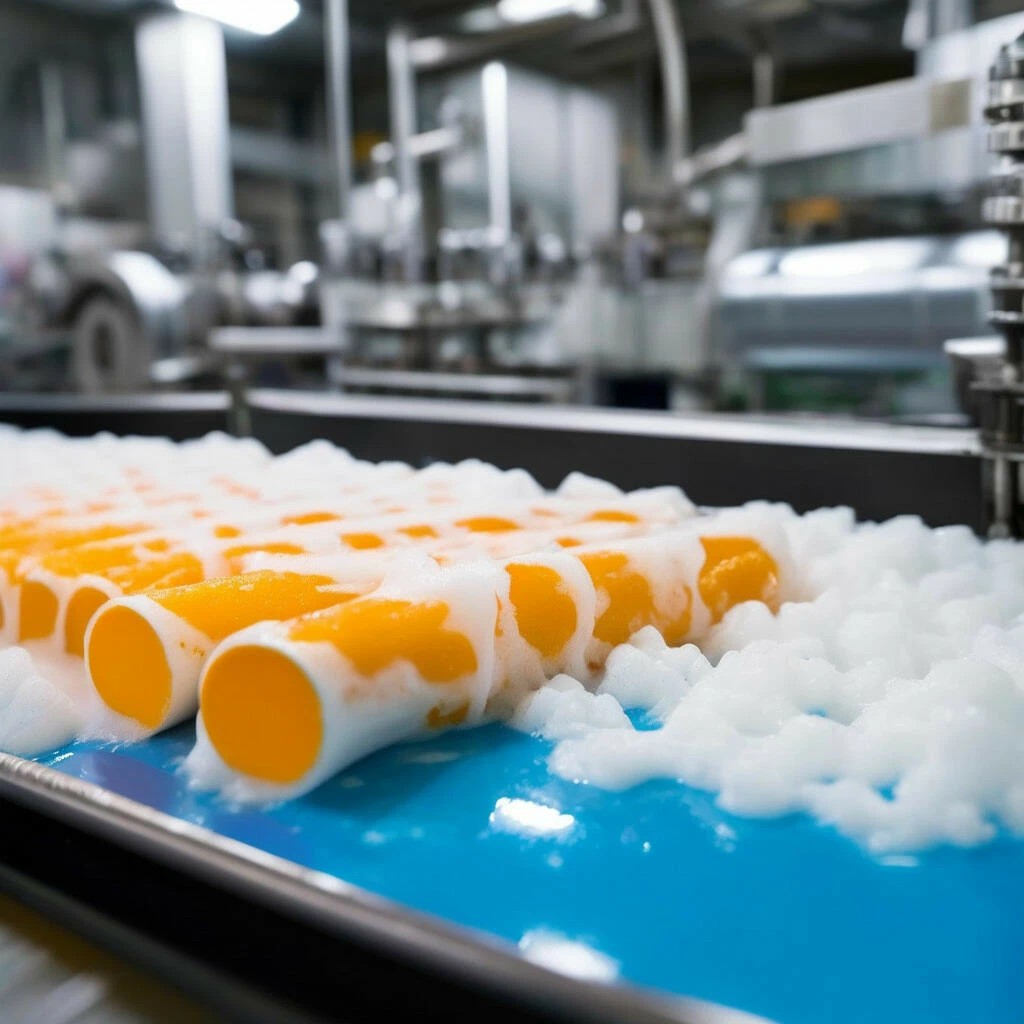The key principles of HACCP are:
- Conducting a hazard analysis: Identification of potential hazards that may arise at each stage of food production.
- Identification of Critical control points (CCTS): Identification of production stages where control and risk management measures are critical to ensure product safety.
- Setting safety limit criteria: Setting parameters that must be met at critical control points to ensure product safety.
- Development of monitoring procedures: Development of a monitoring system that allows regular monitoring of production processes and detection of potential deviations from established safety criteria.
- Development of corrective measures: Identification of actions to be taken in case of deviations from the established safety criteria.
- Development of a verification system: Development of methods and procedures to verify the effectiveness of the HACCP system and its compliance with established safety criteria.
- Documentation: Maintaining documentation of all stages of the HACCP system, including hazard analysis, critical control points, monitoring and corrective actions.


